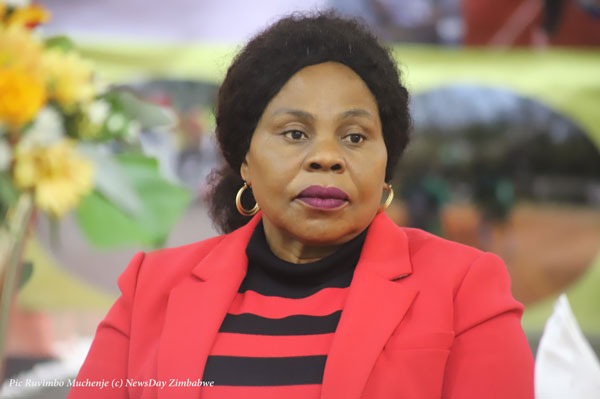
BY DARLINGTON MWASHITA
MEDIA practitioners said they want the Information minister’s regulatory powers, as prescribed in the proposed Zimbabwe Media Commission Bill, clipped saying they left room for political interference and compromised media independence.
The Bill, scheduled to pass through Parliament soon, is expected to replace the repealed Access to Information and Protection of Privacy Act.
Contributing at a public hearing conducted by the Parliamentary Portfolio Committee on Media, Information and Broadcasting Services in Bulawayo yesterday, stakeholders said the Bill vested too much power in the Information minister, creating room for undue political interference, compromising the independence of the fourth estate.
“The widely defined roles and powers of the Minister of Information in running and management of the media as stipulated in Section 8 of the Bill is excessive. The minister cannot be left to have such power to regulate the functions of the media,” said Nobesuthu Ngwenya a media student at the Zimbabwe Open University.
The stakeholders proposed that the media should have self-regulatory bodies which determine media practitioners’ work, while the Zimbabwe Media Commission (ZMC) should stick to the role of accrediting and licensing media organisations.
“In that vein there can be a co-regulatory board with Parliament playing the oversight role. It should select appropriate members to represent matters of the citizens,” Ngwenya said.
A freelance journalist Zinyange Antony said freelancers experience unfair treatment from State security agents who seem to prefer journalists attached to media houses.
- Chamisa under fire over US$120K donation
- Mavhunga puts DeMbare into Chibuku quarterfinals
- Pension funds bet on Cabora Bassa oilfields
- Councils defy govt fire tender directive
Keep Reading
Stakeholders also suggested that the ZMC should be self-regulatory.
They said this was possible considering that it has been proven that through the Voluntary Media Council of Zimbabwe, media practitioners are able to solve problems on their own.
Committee chairperson Prince Dubeko Sibanda said the new Bill entrenches statutory regulation and ignores the infusion of media that self regulates.
Participants suggested that self-regulation was the best form of regulation for the media.
The ZMC Bill, in its current state, remains undemocratic and a squandered opportunity by the government to reform the repressive media environment in Zimbabwe, participants observed. Another journalist said provisions in the Bill that empower ZMC to seek assistance from police during investigations and inquiries was a cause for concern.
“This provision poses a challenge and becomes problematic when dealing with the media freedoms and freedom of expression issues, as involving police in the media freedom and freedom of expression issues would limit the exercise of freedom of expression and freedom of the media,” the journalist said.











